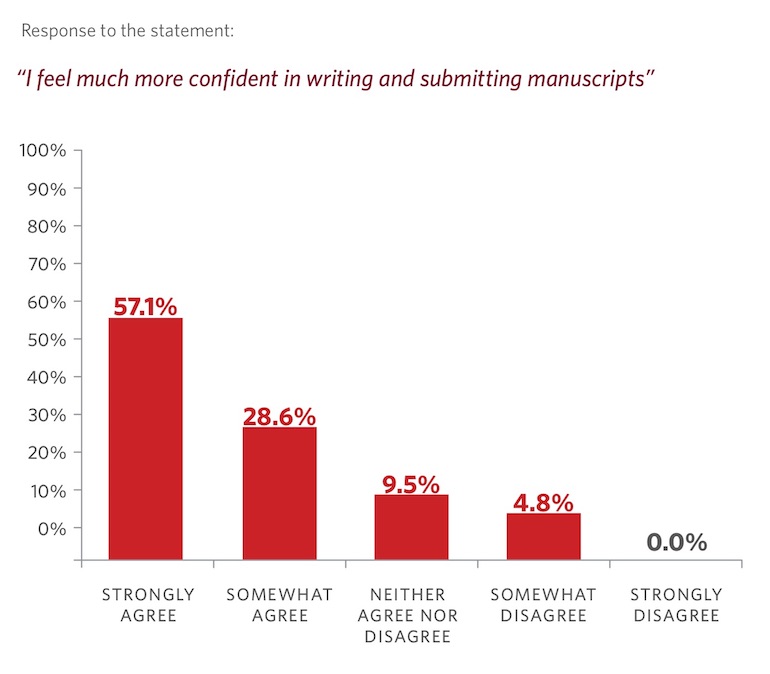The Novo Nordisk Foundation Center for Biosustainability (CFB) is a DTU research and innovation center that was established in 2011. Part of a cluster of research centers aiming at attracting the world’s best researchers, their objective is to cultivate an internationally oriented and innovative research environment of the highest quality to benefit society.
Pursuit of these objectives led to a partnership with Nature Masterclasses to run customized training for PhD students on a unique international program called PAcMEN (Predictive and Accelerated Metabolic Engineering Network) which is a Marie Curie-Innovative Training Network coordinated by DTU. PAcMEN students carry out cutting-edge research in metabolic engineering, modeling, systems and synthetic biology focuses. In a comprehensive, interactive workshop with Nature Research editors, students were given training on how to write high-quality scientific manuscripts and optimize their chances of being published in top journals.
The Nature Masterclasses team personalized a two-day workshop that consisted of short lectures, open discussion, practical exercises, and one-on-one time with editors. Led by João Duarte, Senior Editor, Nature Biomedical Engineering and Ross Cloney, Senior Editor, Nature Communications, the training was designed to be incorporated into the PAcMEN program. It also provided a total of 28 hours of training and preparation so that the PhD students would receive one ECTS (European Course Transfer and Accumulation System) credit after completion.
The purpose of the workshop was to provide insights into the editorial process and scientific writing with the overall aim of improving participants’ confidence in writing and submitting manuscripts. The workshop was interactive as students took part in exercises and were given the opportunity to work individually with an editor to receive feedback on draft unpublished abstracts they had written as part of the pre-course work.
Participants were asked to complete some pre-course reading of several influential papers related to their field. They were keen to find out more about the publishing process and had a lively discussion on plagiarism and ethical issues. The participants also had the opportunity to put questions to the editors and asked about the benefits of being a peer reviewer and how Nature Research selects peer reviewers.
Following the training, participants were asked to report their overall satisfaction with the workshop.
95% of participants were pleased with the quality of instruction

The workshop was very informative and well structured. Practical exercises were well implemented and provided a great chance for learning. The presenting editors were very open, answering all questions and overall did a very good job.”
Workshop participantPAcMEN at DTU BioSustain
